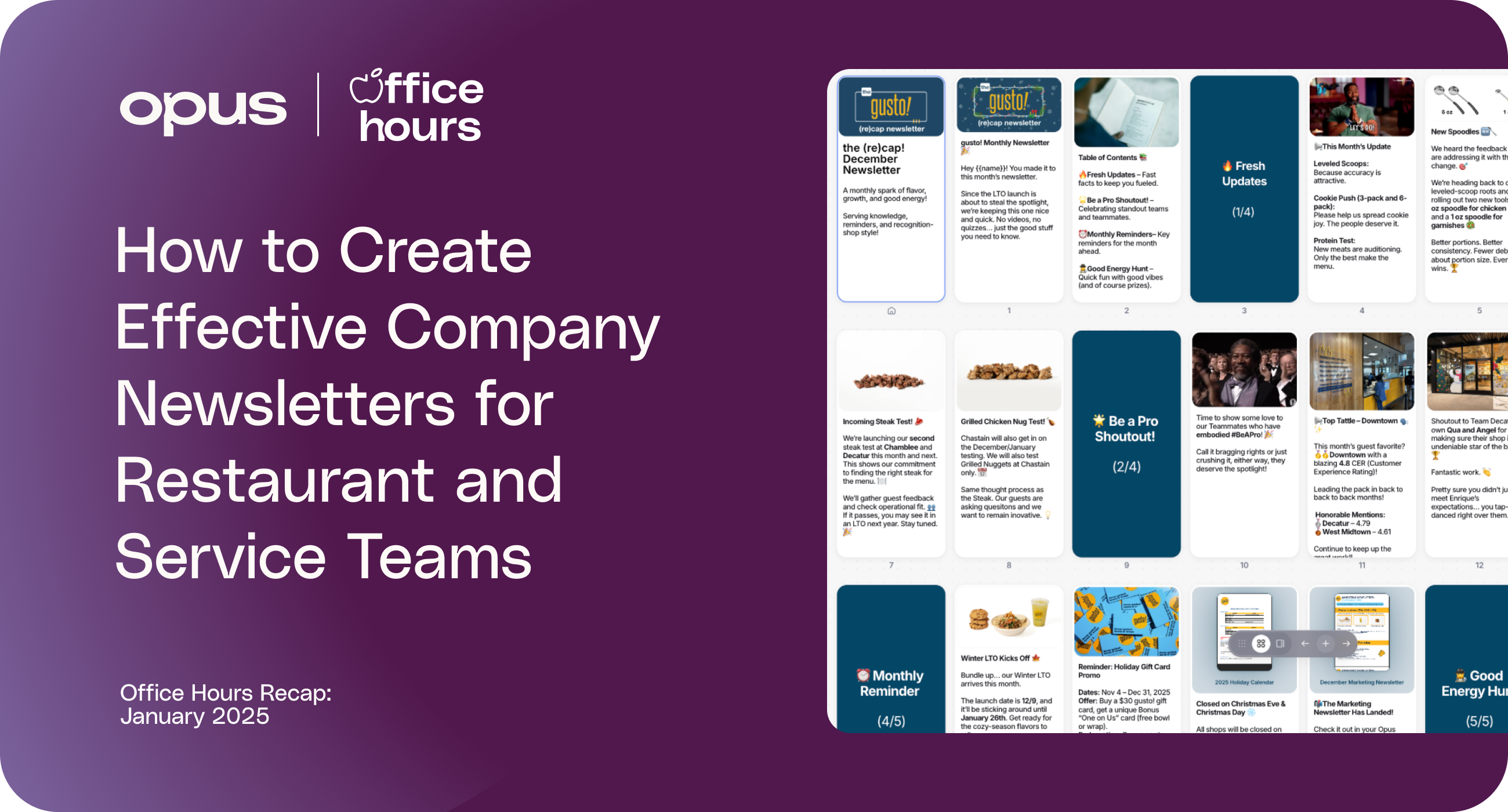Although restaurant owners are quick to blame the labor shortage on unemployment checks, it is way more complex than that. In interviews with the Washington Post, ten current and past workers explained numerous reasons they were hesitant to come back to work, pointing to low wages, disputes with bosses, and safety concerns, especially after the pandemic. It is critical that employers rethink hiring practices and work on building a stronger company culture to retain employees and foster talent.
1. Offer flexible hours and scheduling
While high wages are a priority of 84% of applicants, 77% are seeking flexible scheduling. You should make sure to hire people that are great in teams, collaborative, and caring. This way, if someone asks a teammate to cover their shift, they will do it to take care of someone else. Additionally, avoid relying on traditional scheduling and instead, be accommodating of employees personal responsibilities, whether it is taking care of a sick family member or child by offering team members flexibility in their scheduling.

P.S. Make sure to carry out one of these awesome restaurant shift planning, attendance reporting, & online invoicing software(s): Planday, Hubstaff, or 7shifts
2. Master restaurant health and safety precautions
Understand food safety and handling as it is essential to attracting workers and maintaining a successful business. First, check the state public health department and become familiar with local policies and restrictions. Subsequently, stress employee hygiene and encourage staff to wear their mask at all times, especially if they are yet to be vaccinated. Additionally, make sure to educate your staff about restaurant health inspection and emphasize restaurant sanitation, and lastly, have your employees pass a designated food handling course, focused on basic food safety, personal hygiene, cross contamination allergens, time and temperature, and cleaning and sanitation.
3. Increase employee's hourly wages where you can
As the restaurant labor shortage is more prevalent than ever post-pandemic, many see this as an opportunity for an industry-wide reform. 78% of workers reported they would stay in their job if they had full and stable living wages. Michael Fuquay, owner of The Queensboro in NYC, paid his staff fair wages through the pandemic allowing him to retain most of his workers and sustain his business. Further, Chipotle, which already pays $13 per hour, has boosted benefits over the past year, including 6.5 million dollars in bonuses to managers and leaders. If you are looking to attract high talent to your restaurant, added bonuses and increased wages may be the answer you're looking for
4. Engage your management team
Make sure to coach your staff and create loyalty amongst your leaders. You might want to meet regularly with the management team to enhance communication and to allow managers to learn from one another. Also, look to conduct regular manager evaluations to make sure that they are meeting the company's missions and upholding its core values.

P.S. Listen to The Frontline Podcast to learn about employee engagement and reducing costs of re-training!
5. Focus on training your frontline
Frontline workers are increasingly reliant on technology to do their jobs. Specifically, 75% of frontline workers spend most of their time using technology. Yet, 60% of deskless workers are unsatisfied with or believe there is room for improvement in the technology they are provided to do their work. Opus training provides the simplest way to train for your frontline; they allow managers to design micro-courses and deliver them over test message, increasing productivity amongst the whole team and maintaining active communication








